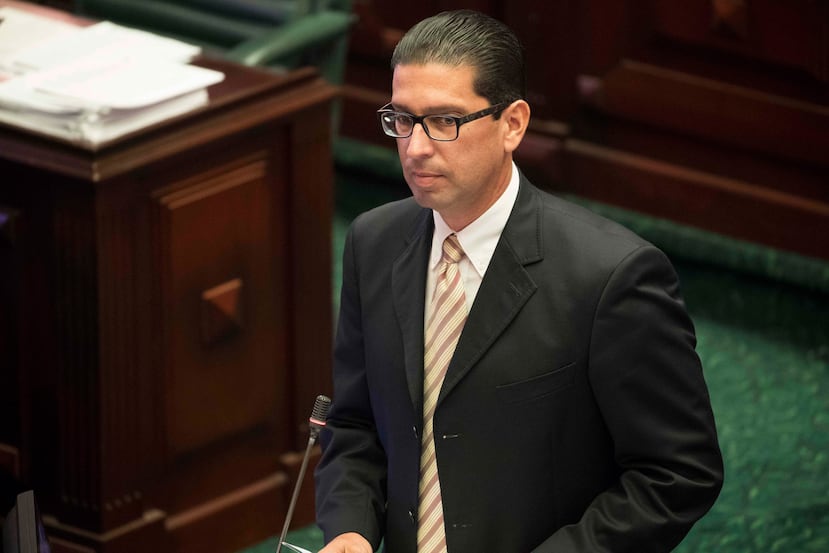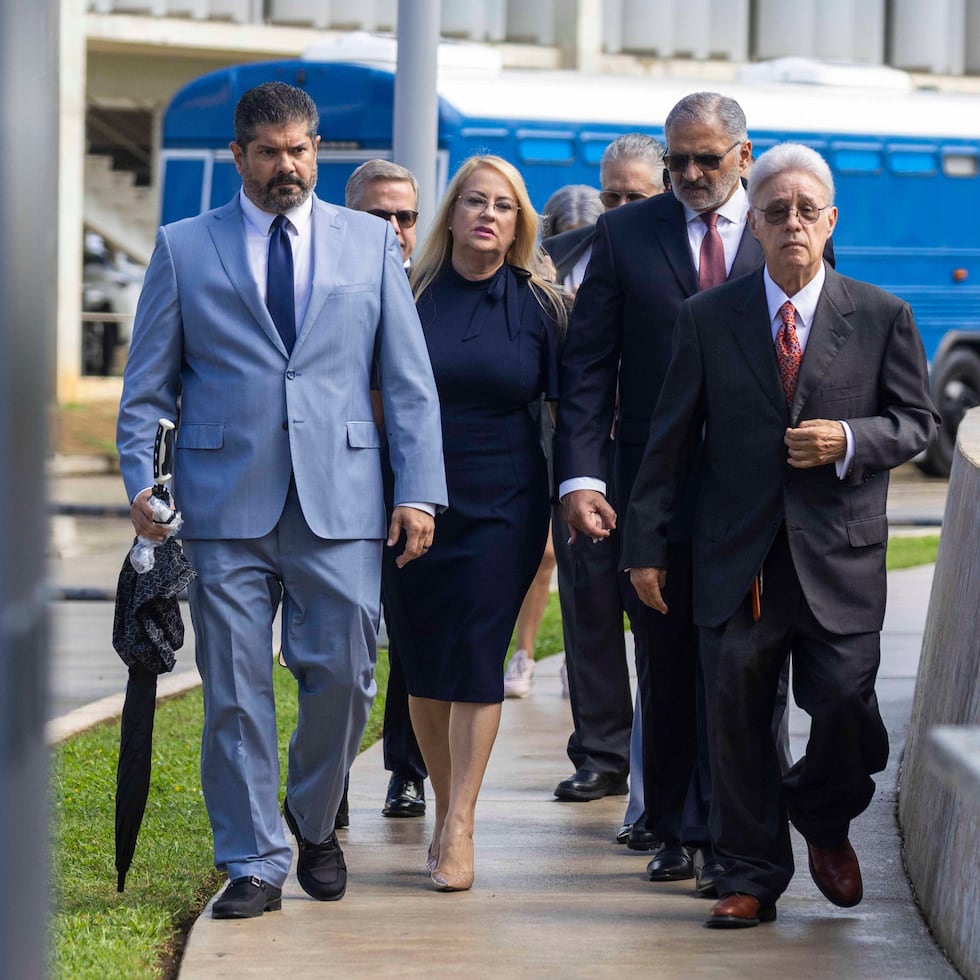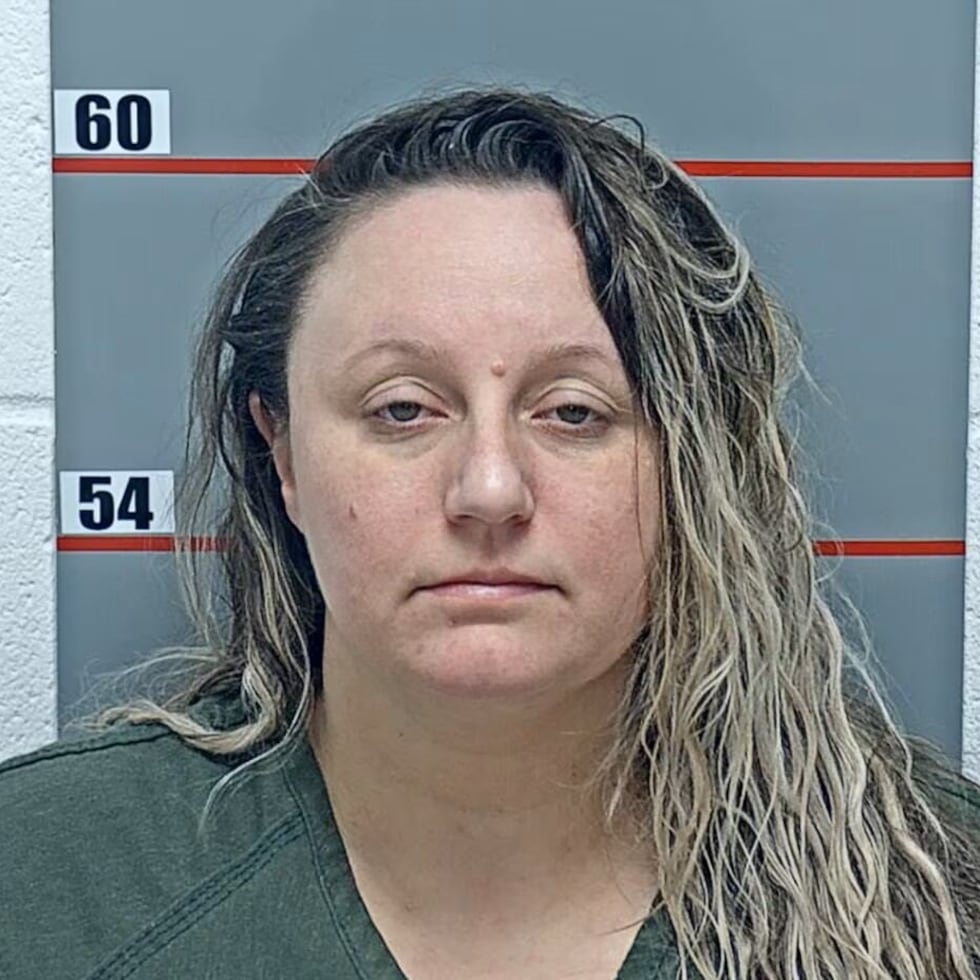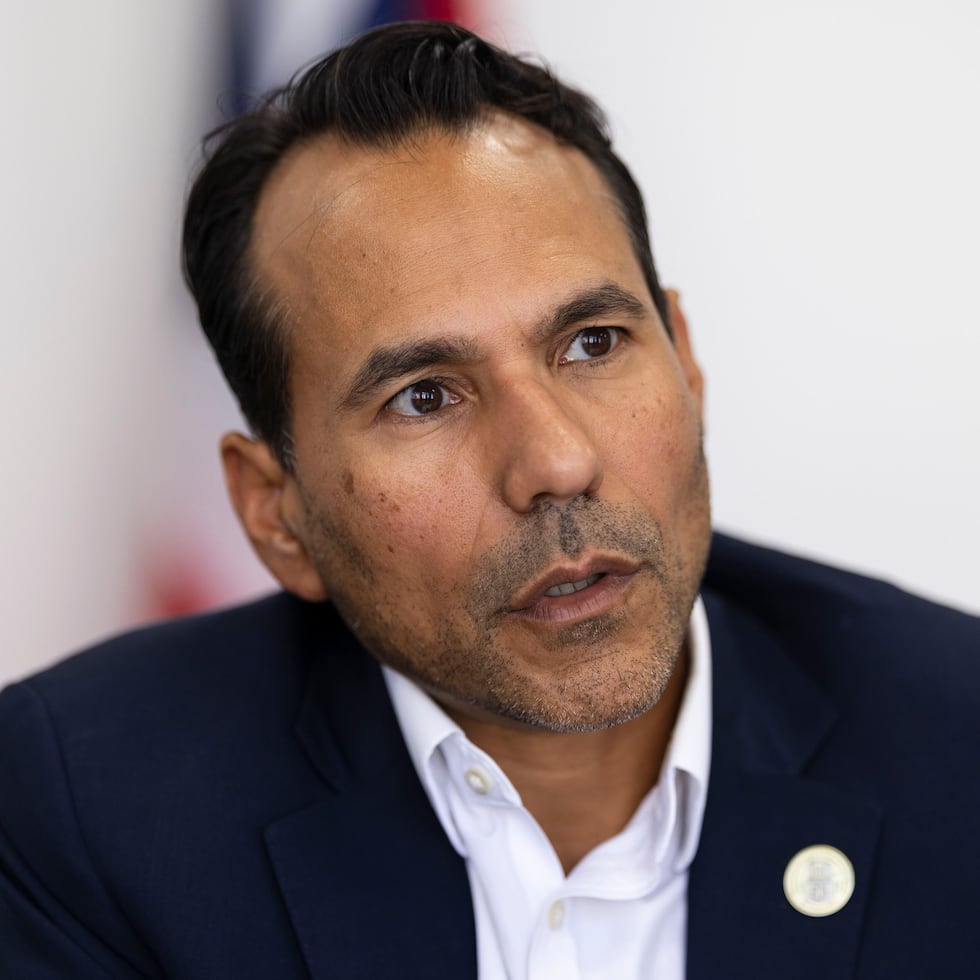
Contenido automatizado
Parcialmente escrito o traducido con información proporcionada por una herramienta de inteligencia artificial.
Gabriel Rodríguez Aguiló presents measure to promote physician retention
The PNP representative’s bill seeks to insert recently graduated physicians into practice and prevent them from desisting from practicing in the country.
Archival note
This content was published more than 1 month ago.







%2Fcloudfront-us-east-1.images.arcpublishing.com%2Fgfrmedia%2FU5QUXWC3F5GQDHO52UEGMBRCLU.png?auth=612970aebccaddfde29323853948a775c18b93fdc017e3b6b756c10ce3d9e1f6&quality=75&width=64&height=64&smart=true)
%2Fcloudfront-us-east-1.images.arcpublishing.com%2Fgfrmedia%2FBG2GHDTR7FGE5IKBCZF7E76QIY.png?auth=66b804e6bebd0db39b15c761da085ecf249e8ea06ab88091e74165f94cf56b7f&quality=75&width=64&height=64&smart=true)
%2Fcloudfront-us-east-1.images.arcpublishing.com%2Fgfrmedia%2FXUI2FWFQK5DPXNPT6V276WHNXQ.png?auth=94eac7e8b922e5a79b71e17f170d9ab270d4ba9e200e4d55f2bd5bd126bcc8c6&quality=75&width=64&height=64&smart=true)
%2Fcloudfront-us-east-1.images.arcpublishing.com%2Fgfrmedia%2FSVA5Y6Z5CFCLDHGVHMWTLQ262Q.png?auth=652b25ed8819b7a890ee2eee9498853e3cd613c6e6f080d9bcdce2321db129cd&quality=75&width=64&height=64&smart=true)
%2Fcloudfront-us-east-1.images.arcpublishing.com%2Fgfrmedia%2FXJHYFGMTXZG2XBEPXGC2KF2MFM.png?auth=c252e7a419c55b996209bd06829dcfeca5a3dbd9bc71cc8d8f5fbe6a4aa74f0f&quality=75&width=64&height=64&smart=true)

